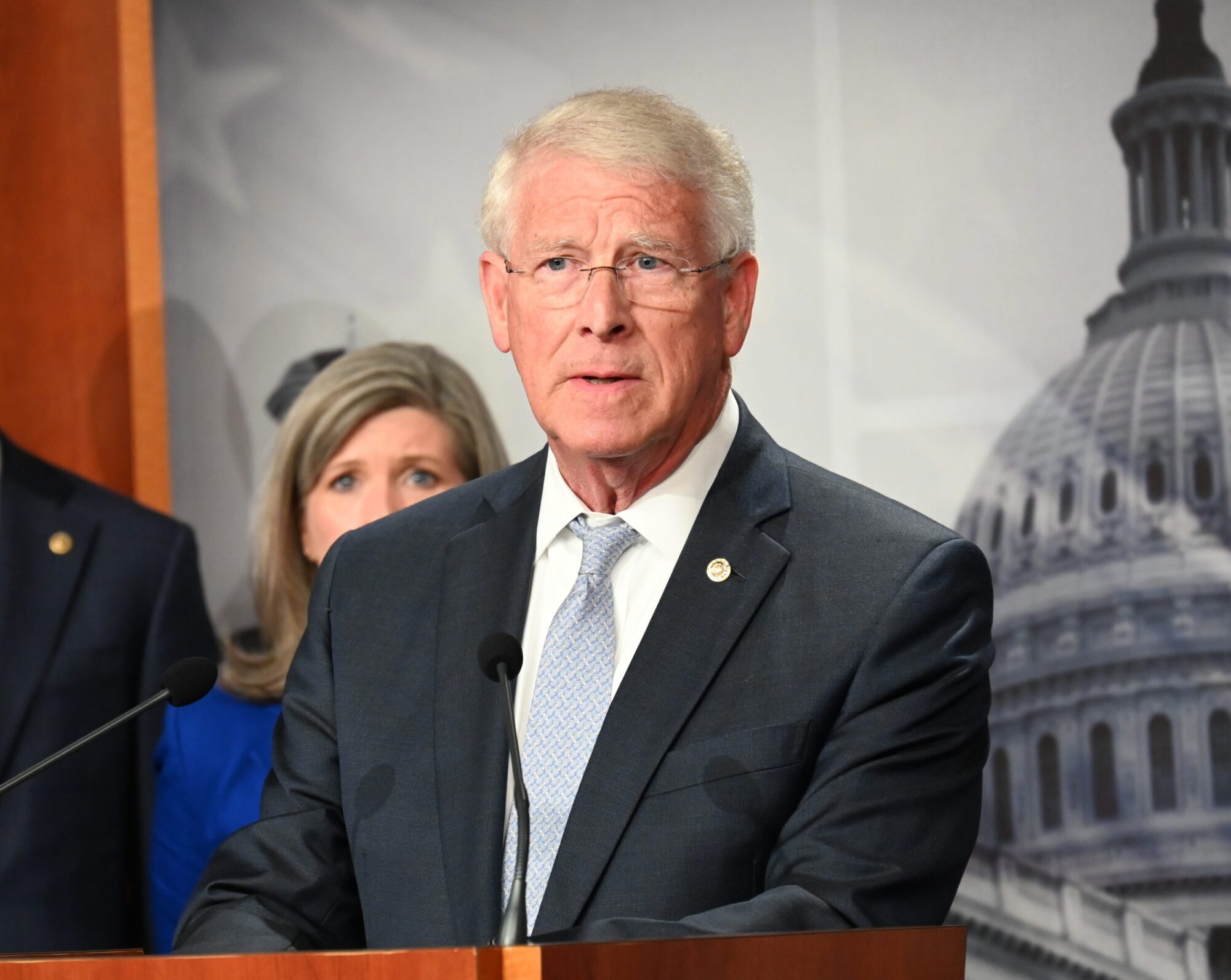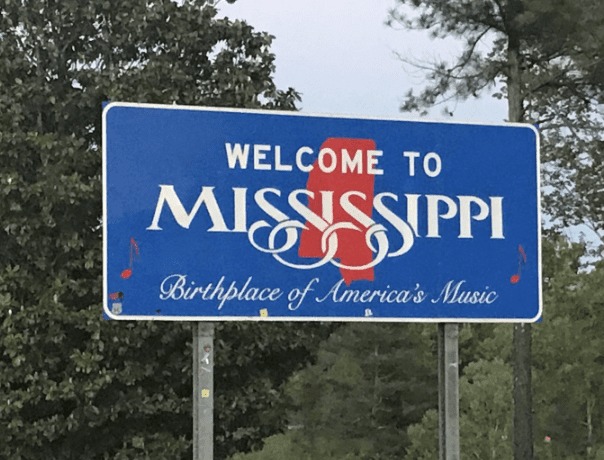
Submitted by Derek Easley with BIPEC
A new wave of frivolous lawsuits could be heading to business owners at a time when record inflation, supply chain challenges are crushing their profits.
It’s no secret, especially for our size, that Mississippi is the trial lawyer capital of America. Some have coined the term “jackpot justice” referring to these individuals getting rich off your misfortune.
Now, a new wave of frivolous lawsuits could be heading to business owners at a time when record inflation and supply chain challenges are already crushing their profits.
I’m referring to the American Data Privacy and Protection Act (ADPPA) currently being considered by Congress. This policy would create a comprehensive federal consumer privacy framework. Of course, this sounds good at first pass, and for years the business community has called for national privacy legislation that protects all Americans equally. I commend Congress for taking a hard look at privacy. In the technology-driven world we live in, this issue is here to stay.
However, as an organization representing businesses, there are some red flags in the legislation that will open a can of worms in litigation for businesses everywhere. As currently written, the American Data Privacy and Protection Act allows for private right of action, a legal term that gives citizens the right to sue a business if their personal information is released. Naturally, we all want recourse when our credit card information or social security number leaks on the dark web, but subjecting businesses to class action lawsuits when this happens is a step too far. It is particularly punitive when you consider that the vast majority of data breaches are caused by cyber criminals and the businesses themselves are victims of cybercrime. For this reason, each of the five state privacy bills that have been signed into law recently have rejected the idea of including a private right to action for data privacy violations. Those bills have been enacted in California, Colorado, Connecticut, Virginia, and Utah.
If this private right to action is not stricken from the legislation, businesses across the country will be forced to defend themselves from endless litigation with significant legal fees and expensive settlements. We all know these settlements will make the trial lawyers rich and drive costs higher, but offer little to no consumer benefit.
A national privacy framework can still have “teeth” by empowering the Federal Trade Commission and State Attorneys General to pursue legal action against businesses that do not engage in good cyber hygiene and incorporate privacy by design principles and experience a data breach. Indeed, this approach ensures consumers are represented by lawyers that are interested in punishing bad actors, not “get-rich-quick” settlement factories.
Furthermore, I’m concerned the numerous carve outs for state rules and exemptions will lead to dual enforcement. In other words, businesses could be hit from both sides and may have to deal with this issue both in the state and federal courts. States continue to address privacy on the state level, which is causing a patchwork of laws that will ultimately hurt small businesses. Regulatory confusion will plague them and ultimately the cost of compliance will be passed along to already struggling consumers.
That is why I support national consumer privacy legislation, but it must pre-empt state laws. Small businesses, which are the backbone of the American economy, deserve to have certainty, as do consumers who need to know their data is protected. National legislation would allow for more clarity for businesses and consumers alike – a win-win in my book.
Congress has a big job to do. Privacy and Protection is a huge issue, and we can’t afford to get it wrong. I urge Senator Wicker to encourage his colleagues to consider some of the potential threats in the American Data Privacy and Protection Act as currently written, and to do what is necessary to shut down blood-thirsty trial lawyers and protect our businesses and consumers with national legislation.
###
Submitted by Derek Easley. He is President & CEO of The Business and Industry Political Education Committee (BIPEC)











